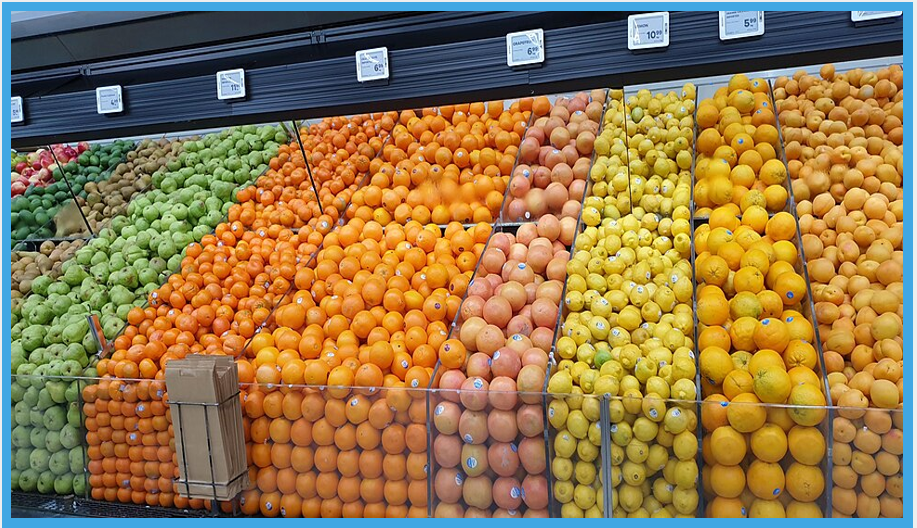How 11 retail workers defied apartheid through a fruit boycott—and won Mandela’s gratitude.
🍊 Comedy Meets History
In a moment of unexpected resonance, comedian David Nihill’s skit “Fruit for Thought” spotlighted a little-known but powerful chapter in Irish history: the 1984 Dunnes Stores anti-apartheid strike, where a group of grocery workers refused to sell South African grapefruits—a symbolic act that would ripple across continents. The skit, though comedic, educates through satire, reminding viewers that even small acts of defiance can carry global weight. Watch here.
✊ The Strike That Started With Grapefruit
In July 1984, Mary Manning, a 21-year-old cashier at Dunnes Stores in Dublin, refused to ring up South African grapefruits, following a directive from her union, IDATU, to boycott apartheid-linked goods. Suspended for her action, she was joined by 10 colleagues—including Karen Gearon, Liz Deasy, and Tommy Davis—who walked out in solidarity. Their protest would last nearly three years, with just £21 a week in strike pay, and little initial support from the public or establishment.
🌍 Global Solidarity and Moral Courage
The strikers’ resolve drew attention from global figures:
- Nimrod Sejake, a South African exile and former Robben Island cellmate of Nelson Mandela, met the workers and offered encouragement.
- Archbishop Desmond Tutu visited in 1984, amplifying their cause internationally.
Despite hardship, their stand became a moral beacon, pressuring the Irish government to become the first Western nation to ban South African imports, a move that reverberated through the global anti-apartheid movement.
🕊️ Mandela’s Tribute and Lasting Legacy
In 1990, shortly after his release, Nelson Mandela met the strikers, telling them their courage gave him hope during imprisonment. They were later invited as guests of honor at his funeral in 2013, a testament to the enduring impact of their protest.
The Dunnes Stores strike remains a defining moment in Irish activism, proving that grassroots action can shape international policy. It’s a story of conviction, solidarity, and the power of saying “no”—even to a grapefruit.
In short: What began as a quiet refusal to sell fruit became a global symbol of resistance. The Dunnes Stores strike, immortalized in comedy and history, shows how ordinary workers helped dismantle apartheid—one grapefruit at a time.
Fruits at Grocery Store, Picture by Grouffles



